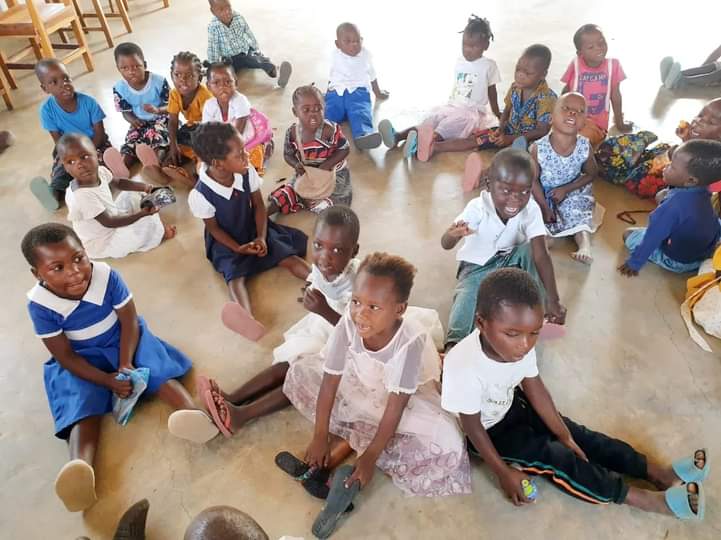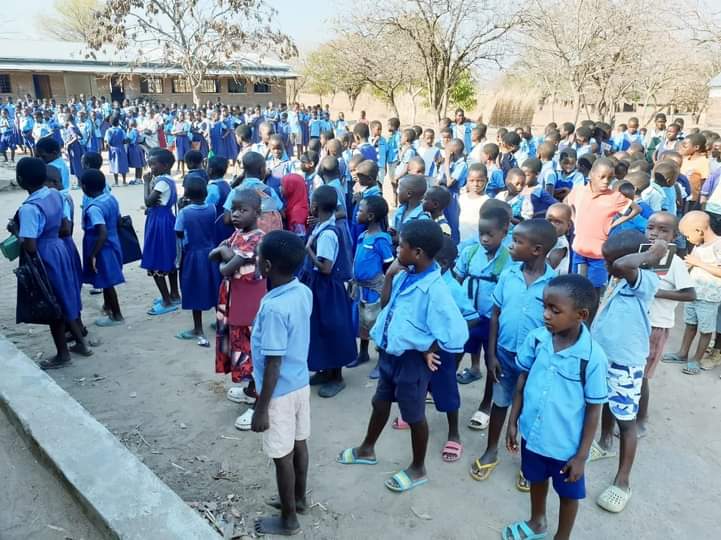The Dire State of Literacy in Malawi: A Call to Action

Malawi, a small landlocked country in south-eastern Africa faces a staggering challenge in its education system despite significant efforts to improve access to education, it is disheartening to acknowledge that a vast majority of pupils in Malawi struggle with basic literacy skills.
This investigative piece of writing aims to shed light on the critical issue of illiteracy in the country, its causes, and the urgent need for collective action to address this concerning situation if what an official from the Ministry of Education Science and Technology, Dr. Zizwa Msukuma told one of the local media outlets is something to be taken seriously.

Msukuma gave the harsh reality disclosing shocking statistics that approximately 99 percent of pupils in Malawi primary school classes cannot read or write proficiently.
This alarming figure highlights the magnitude of the problem and the devastating impact it has on the country’s development, illiteracy perpetuates a cycle of poverty, limiting individuals’ ability to access opportunities, gain employment, and contribute effectively to society.
He said several factors contribute to this distressing state of affairs. First and foremost, inadequate funding for education severely hampers efforts to improve literacy rates. Insufficient resources, dilapidated school infrastructure, and a shortage of qualified teachers all contribute to a substandard learning environment.
“Socio-economic factors, such as poverty, gender inequality, and cultural norms, hinder access to education for many children, particularly girls. These systemic issues perpetuate the vicious cycle of illiteracy,” Msukuma said.
Recent reports released by the United Nations agency UNESCO and USAID state that the consequences of widespread illiteracy in Malawi are far-reaching. Education is the foundation upon which a nation’s progress is built.
“Illiteracy hampers economic growth, limits social mobility, and perpetuates inequality. Without a literate population, Malawi’s potential to develop and prosper on various fronts, including health, agriculture, and technology, remains severely stunted,” reads the reports in part.
However the ministry official said in addressing the literacy crisis in Malawi requires a comprehensive, multi-faceted approach hence some government partners in the education sector like USAID is buying books for learners in all public primary schools.




